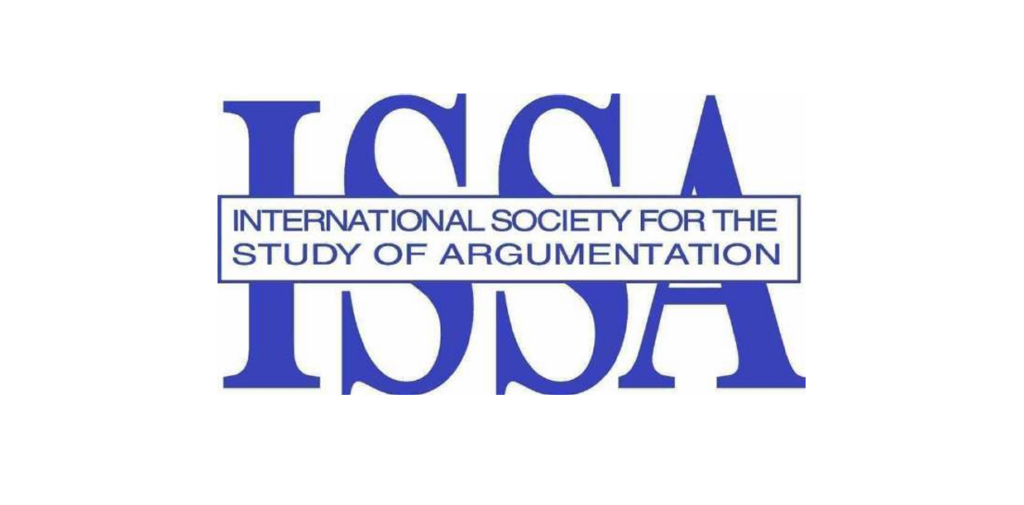Proceedings of the Tenth Conference of the
International Society for the Study of
Argumentation

The Tenth Conference of the International Society for the Study of Argumentation(ISSA), held at Leiden University, the Netherlands, from 4-7 July 2023, drew togetheraround 250 argumentation scholars from a wide variety of disciplines, including AI,(speech) communication, critical discourse analysis, education, informal logic, law,linguistics, media studies, philosophy, political science, pragmatics, religious studies,rhetoric, and more. The Proceedings […]
Relevance theory for mapping cognitive biases in fact-checking: an argumentative approach

In the fast-paced, densely populated information landscape shaped by digitization, distinguishing information from misinformation is critical. Fact-checkers are effective in fighting fake news but face challenges such as cognitive overload and time pressure, which increase susceptibility to cognitive biases. Establishing standards to mitigate these biases can improve the quality of fact-checks, bolster audience trust, and […]
When fact-checks go viral: a cross-national analysis of the dissemination of European fact-checkers on Twitter

To be effective in countering misinformation, it is paramount for fact-checkers to reach a wide audience. This study investigates the dynamics that lead to broader engagement with fact-checking content published on social networks. Specifically, it analyzes the dissemination activity on Twitter of a cross-national sample of European fact-checkers over a span of 4 months. We […]
Transparency is Crucial for User-Centered AI, or is it? How this Notion Manifests in the UK Press Coverage of GPT

Transparency is a core principle for a user-centered AI present in all recent regulatory initiatives. Is it equally present in the public discourse?
Fuzzy clustering of spatial interval-valued data

In questo articolo realizzato in collaborazione con il Dipartimento di Scienze Sociali ed Economiche dell’Università La Sapienza, sviluppiamo un algoritmo di classificazione di unità che sono caratterizzate utilizzando il massimo e minimo di determinati attributi insieme ad una rete di relazioni di adiacenza. Come parte del progetto LATIF, proviamo questo algoritmo su dati riguardanti l’attività […]